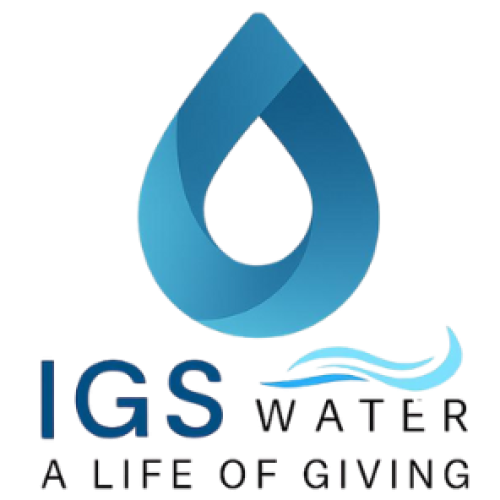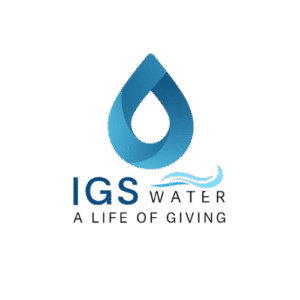Recently, researchers from the University of New South Wales uncovered the presence of 21 newly identified PFAS chemicals in Sydney’s tap water — bringing the total number detected to 31 types. This discovery has raised concerns among residents, health experts, and environmental advocates.
What Are PFAS?
PFAS (Per- and Polyfluoroalkyl Substances) are a group of man-made chemicals often referred to as “forever chemicals.” They have been widely used in products like non-stick cookware, stain-resistant fabrics, food packaging, and firefighting foams.
The nickname “forever chemicals” comes from their extreme persistence in the environment and in the human body — they do not easily break down and can accumulate over time.
Why PFAS in Drinking Water Is a Concern
Exposure to PFAS has been linked to various health risks, including:
- Increased cholesterol levels
- Impacts on liver function
- Hormonal disruption
- Immune system suppression
- Increased risk of certain cancers
In the United States, the Environmental Protection Agency (EPA) has stated that there is no safe level of PFAS in drinking water. In contrast, Australian guidelines currently set specific allowable limits for exposure. However, growing evidence suggests that even low levels can pose risks over long periods.
How PFAS Enter Water Supplies
PFAS contamination often comes from industrial discharge, landfill runoff, firefighting foam usage, and manufacturing processes. Once in the water, PFAS are extremely difficult to remove using standard treatment methods.
How IGS Water Can Help
At IGS Water, we believe that clean, safe water should never be compromised. While PFAS require advanced treatment solutions, our innovative water technologies can be part of a multi-step approach to managing and reducing these contaminants.
Our solutions include:
1. Nanobubble Technology
Our nanobubble systems can enhance oxidation processes, helping break down harmful organic contaminants and supporting PFAS removal when integrated with specialized filtration methods.
2. Water Conditioning Systems
These systems improve water quality and treatment efficiency, ensuring that downstream filtration and adsorption systems can perform at their best.
Taking Action
Whether you’re a homeowner, business owner, or local government, staying informed and proactive is key. PFAS may be persistent, but with the right approach, we can reduce risk and protect our water supplies.
At IGS Water, we’re committed to providing chemical-free, energy-efficient, and effective water treatment technologies for a healthier future.

